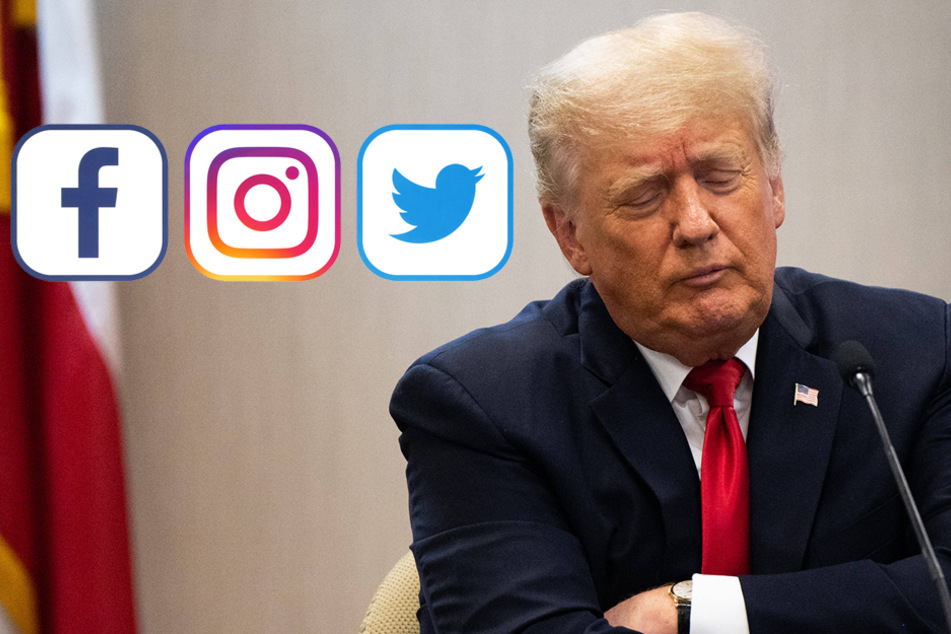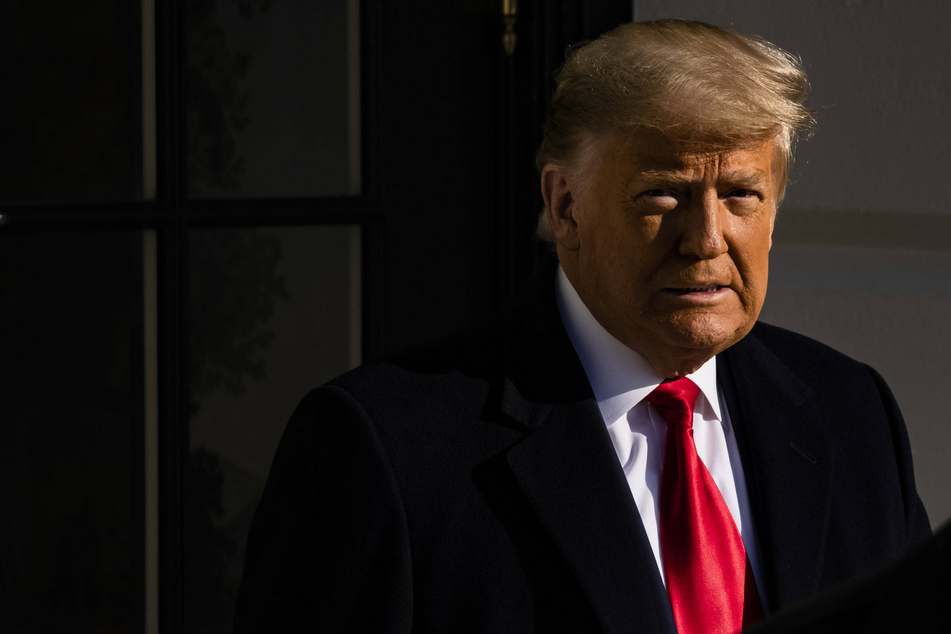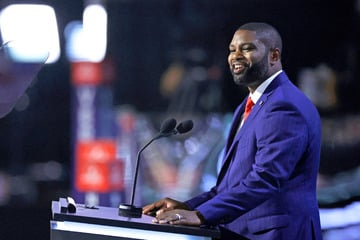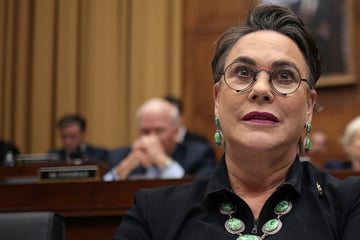Trump files lawsuits against big tech over censorship debacle
Florida – Former president Donald J. Trump announced he has filed class action lawsuits against Facebook, YouTube, and Twitter, citing the platforms violated the First Amendment by banning him from all three in January.

Despite his lack of access to social media, there is no silencing former president Donald Trump.
On Wednesday morning, Trump announced he had filed class action lawsuits in the Southern District of Florida against three tech giants – Facebook, Twitter, and YouTube – and their respective CEOs Mark Zuckerberg, Jack Dorsey, and Susan Wojcicki.
In a press conference held at his golf course in Bedminster, New Jersey, the Associated Press reported that Trump said, "We’re demanding an end to the shadow-banning, a stop to the silencing and a stop to the blacklisting, banishing and canceling that you know so well."
The suits were filed on Trump's behalf in conjunction with the America First Policy Institute, an organization that was founded by Trump's Republican colleagues.
During the press conference, Trump swapped places with his current attorney Matthew Lee Baldwin to break down the details of the filings.
According to Baldwin, Trump's argument behind the claims is that Facebook, Twitter and YouTube are all government entities and in turn, must protect the First Amendment. If this were true, it would make Trump's banning from Facebook, Twitter, and YouTube unconstitutional.
Ultimately, the former president's attorney noted, it's Trump's belief that the Supreme Court should rule on what can and can't be said on social media, not the tech company itself.
Big tech's legal protection

Yet, current law seems to contrast Baldwin's statements.
Under Section 230 of the 1996 Communications Decency Act, platforms like Twitter and Facebook can voluntarily "restrict access to or availability of material that the provider or user considers to be obscene, lewd, lascivious, filthy, excessively violent, harassing, or otherwise objectionable."
Also, there's one road block that might immediately cause Trump's lawsuit to be thrown out the window: he's suing private companies that have terms of services users must agree to before opening an account.
After the US Capitol was stormed on January 6, Facebook, Twitter, and YouTube banned former president Trump's access to the platforms, citing he broke their terms of service with his inflammatory posts.
On January 9, Facebook's CEO Mark Zuckerberg shared a post on Facebook saying, "His decision to use his platform to condone rather than condemn the actions of his supporters at the Capitol building has rightly disturbed people in the US and around the world."
Both Facebook and Twitter cited Trump's improper use of the platforms in their decision to indefinitely ban the former president.
In May, Facebook announced its independent oversight board voted to uphold the former president's ban from the platform for another six months.
Cover photo: Collage: 123RF / rvlsoft / IMAGO / ZUMA Wire

